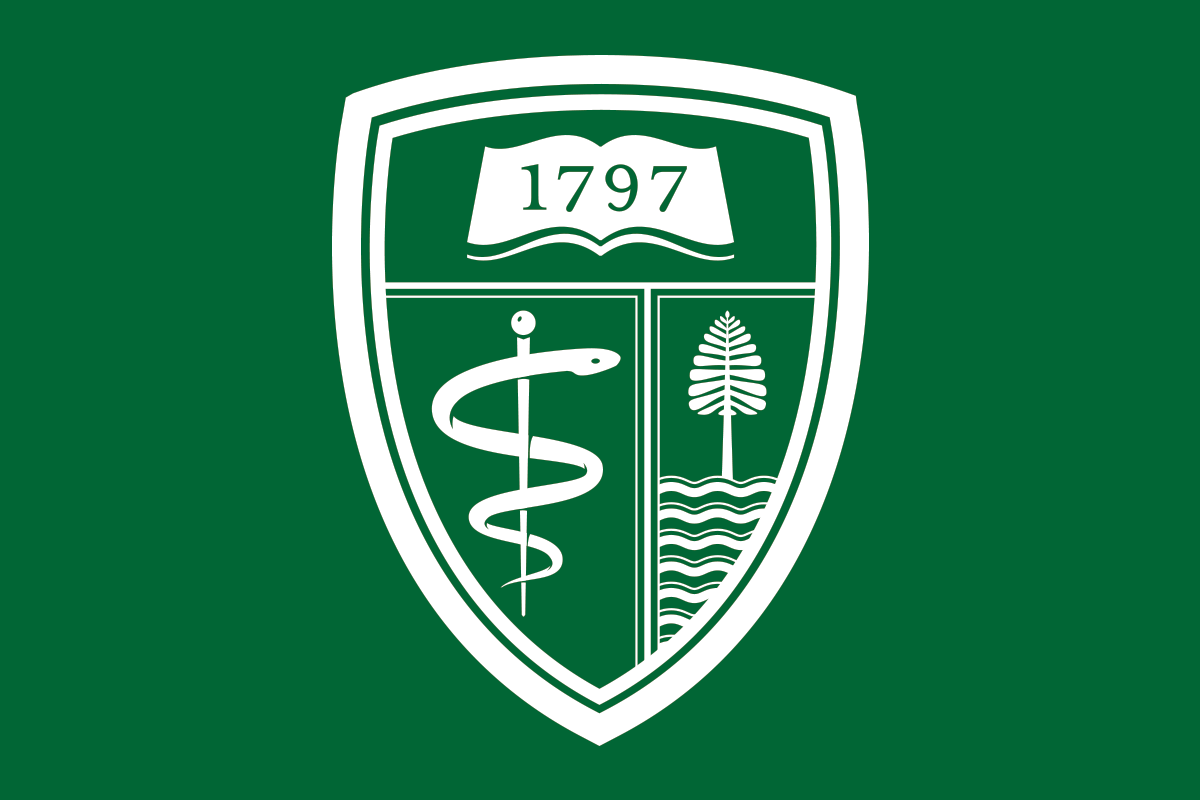Read article – Quotes Steven Woloshin, professor of medicine, community and family medicine, and of the Dartmouth Institute for Health Policy and Clinical Practice, about a study he conducted that found more than half of the post-approval studies required by the FDA in 2009 and 2010 were either delayed or had not yet started as of 2015. “Unfortunately, we do not have any example of where the FDA has actually imposed a fine or rescinded approval,” says Woloshin. “We know that there have been a few warning letters written to companies that haven’t fulfilled their requirements, but the FDA, as far as we can tell, has never actually imposed a fine or revoked approval for a drug because the post-marketing studies have not been completed.”
Articles by: Geisel Communications
How Kentucky Is Leading the Way in Addiction Care for Pregnant Women – Pacific Standard
Read article – Quotes Alison Holmes, professor of pediatrics, community and family medicine, and of the Dartmouth Institute for Health Policy and Clinical Practice, about the positive impact of PATHways—an innovative, new program housed in a small University of Kentucky HealthCare clinic that provides both prenatal and addiction care to mothers with substance use disorders.
Gear Up for Research on Oct. 30
This year’s Gear Up for Research will be held Monday, October 30th, from 11:00 AM- 1:00 PM, in Auditoria A-C at DHMC. Gear Up is an information fair that brings together entities that support research at Dartmouth and DHMC. It is here that researchers including faculty, residents, nurses, students, and postdocs, have the opportunity to learn about services, meet key people, ask questions, and get answers.
Meditation May Help Prevent Heart Disease, Doctors Say – Reuters
Read article – Quotes James Stahl, associate professor of medicine and of the Dartmouth Institute for Health Policy and Clinical Practice, about a new study that shows meditation may help reduce the risk of heart disease when it’s added to proven approaches like lifestyle changes or drugs to lower blood pressure and cholesterol.
Let’s Get Up Off Our Knees and Talk – Inside Higher Ed
Read article – An opinion piece by Leslie Henderson, dean of faculty affairs, associate dean for diversity and inclusion, and professor of physiology and neurobiology, about how faculty members who teach both undergraduate and graduate students must go beyond symbolic protests and find a better way to grapple with complex social issues.
Biological Clock Discoveries By 3 Americans Earn Nobel Prize – U.S. News & World Report via Associated Press
Read article – Cites comments by Jay Dunlap, chair and professor of molecular and systems biology, and professor of biochemistry and cell biology, about the recent news that three Americans won a Nobel Prize for discovering key genetic “gears” of the body’s 24-hour biological clock. Dunlap, who studies biological clocks in bread mold, said the Nobel-winning work helped expose the molecular details behind daily rhythms and that such knowledge can be important in telling when to deliver drugs for maximum effect, and perhaps for developing new ones. (Additional coverage: The New York Times, The Washington Post, The Wall Street Journal, and more)
After 15 Years in Vegetative State, Man Responds to Nerve Stimulation – CNN
Read article – Quotes James Bernat, the Louis and Ruth Frank Professor of Neuroscience and emeritus professor of neurology and medicine, about how French researchers say a man in a 15-year vegetative state is showing signs of consciousness following vagus nerve stimulation. The study results challenge ideas that consciousness disorders lasting longer than 12 months are irreversible, the researchers believe. Bernat, who was not involved in the study, referred to the new case report as “provocative” and “exciting,” and praised the researchers for their choice of patient: someone in a long-term vegetative state. Additional coverage: Washington Post, U.S. News & World Report.
Many Drug Companies Fail to Conduct Timely Safety Checks on Medicines After FDA Approval – Reuters Health
Read article – Features research led by Steven Woloshin, professor of medicine, community and family medicine, and of the Dartmouth Institute for Health Policy and Clinical Practice, that found that drug companies aren’t meeting the Food and Drug Administration’s requirement to study possible side effects and alternative doses for medicines once they hit the broader market. Woloshin and his colleagues looked at federal records and found that among the 614 studies mandated in 2009 and 2010, 20 percent were never started and 9 percent have been delayed.
“Essential to Some, Useful for All: Understanding Accessibility to Learning” Program Oct. 6 & 10
Register now for the “Essential to Some, Useful for All: Understanding Accessibility to Learning” program to be held Oct. 6 at DHMC and Oct. 10 on Dartmouth’s Hanover campus. Admission is free and all Geisel faculty, staff, and administrators, Graduate Program and TDI are welcome to attend.
Geisel Announces New Master’s Degree in Health Data Science
Dartmouth’s Graduate Program in Quantitative Biomedical Sciences (QBS) is offering a new master’s degree with a concentration in health data science beginning in fall 2018.


